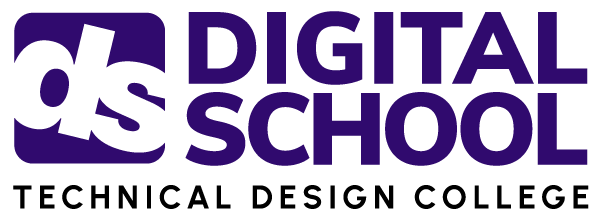After graduating from a building information modeling (BIM) technician program, you could pursue your passion for digital design in a number of different industries. Skilled BIM technicians are needed by project managers, architects, engineers, and more to produce detailed technical drawings. These designs are then turned into reality by construction workers.
While you study at Digital School, you could develop an interest in architecture or engineering. You might discover that you prefer the freedom and flexibility of freelance work. Whatever your career ambition, the advisers and instructors at Digital School can provide hands-on support to help you work towards a brighter future.
Read on to discover four possible career paths for students in BIM technician training.
Unleash Your Creativity with an Architecture Firm
If you find yourself looking up and admiring the architecture every time you visit a new city, a career in architecture might be for you. After graduating from online BIM technician training, you could start working in architecture. Architects rely on BIM technicians to bring their ideas to life and help identify any potential design problems before building.
Depending on your interest, there are a number of different types of architecture companies that you could work for. These include:
- Commercial
- Residential
- Interior designers
- Green design
- Landscape
- Urban
- Industrial
If you are particularly interested in designing eco-friendly and sustainable buildings, then you may want to consider opportunities within a green design. However, if you are more motivated by large international corporations and competitive salaries, you may want to pursue opportunities within the corporate and commercial design space.

BIM technicians can work in various types of architecture firms
Work with Engineers After BIM College
Engineers also rely on BIM technicians. There are various branches of engineering including mechanical, chemical, civil, and electrical. However, BIM technicians mainly work in structural engineering. This is a form of civil engineering and involves the construction of bridges, tunnels, and other public buildings.
At BIM college, students will learn how to use software such as Revit, AutoCAD, Civil 3D, Navisworks, FormIt, BIM360, and more to produce 2D and 3D models that are essential to structural engineering.
Bring Ideas to Life in Construction
BIM technicians in the construction industry can work on residential and non-residential projects. If you enjoy watching your digital designs become a physical reality, this could be a good professional industry when you become a BIM technician.
This is also a good option for students who already have experience in the construction industry, as they will have a better understanding of what it’s like on the ground.
Be Your Own Boss as a Freelancer
Finally, if you are looking for a career with lots of flexibility where you can make your own schedule, you could work as a freelance BIM technician. This is perfect for experienced professionals who have family commitments. Why? Because as a freelancer, you will be able to decide your own schedule and maybe even enjoy a better work/life balance.
Staff at Digital School can provide students with one-to-one tailored career support to help them find the career that’s right for them. As well as this, Digital School offers a placement service to help graduates find entry-level positions in their chosen industry.
Are you ready to transform your future with Digital School?



